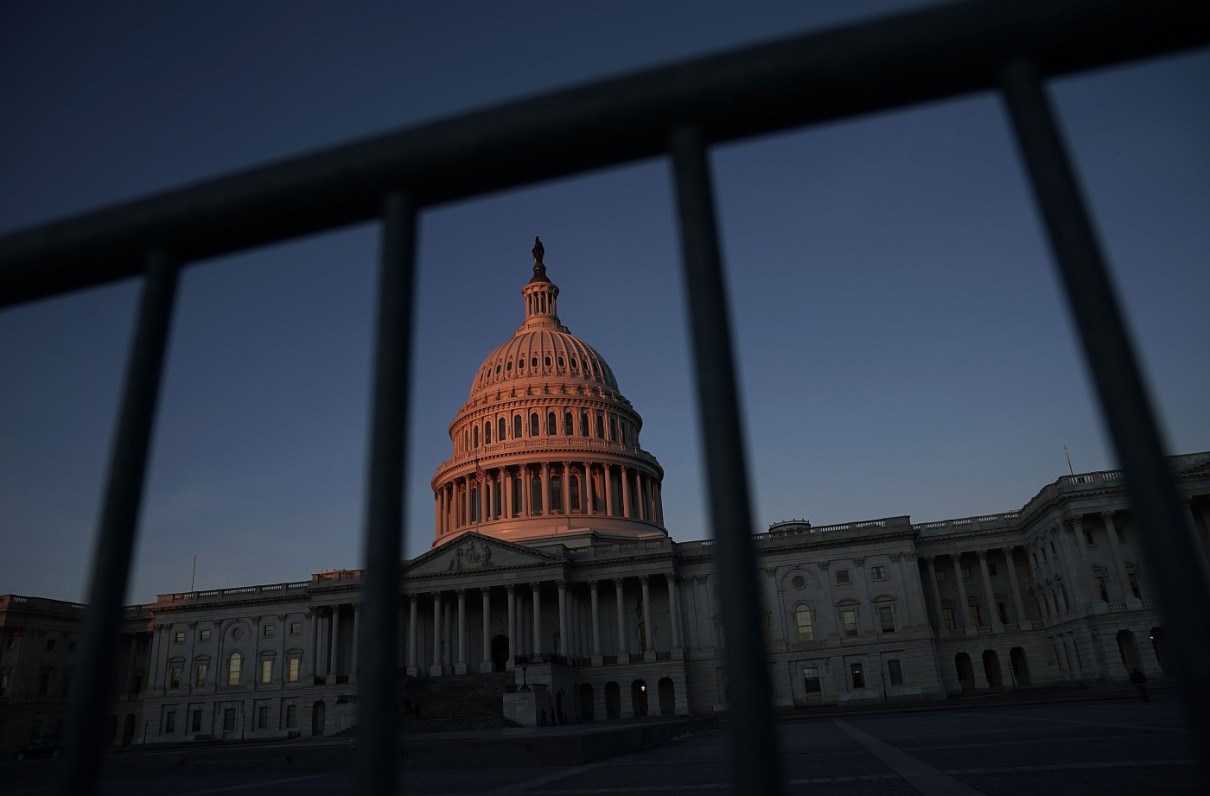As the annual budget-deadline debacle played out in Congress this week, we’re reminded of the price paid by those outside the halls of power for our lawmakers’ inability to meet their yearly fiscal deadlines.
[FROM MILITARY TIMES: Shutdown Averted, Congress Approves Stopgap Budget Plan]
Rather than funding the government on time, members of Congress have used appropriations, or the lack thereof, to accentuate their agendas; continuing resolutions have become one of their political tools of choice. Evidence of this can be found by tracing back to the last time our country started a fiscal year with a fully funded government – that would be FY 1997.
MOAA has stressed the consequences of these resolutions many times: They prevent new programs from taking flight, they force DoD and the VA to continue old programs that need to be reviewed or replaced, and they make it impossible for military planners to predict their budget and plan accordingly – a recipe for readiness concerns.
One of the main issues keeping both sides in their trenches is the debate over our national debt and the two infrastructure bills currently totaling $4.5 trillion. The $1 trillion infrastructure bill is lingering in the House after it had already garnered Senate support, but the more contentious obstacle is going to be the $3.5 trillion bill aimed at family support, health and education programs, and climate issues. Both sides of the aisle have some concerns about the cost of this second bill, so it is likely to be carved down enough to gain support from moderates — but it will still be a lot of money, and will cause many lawmakers to consider the impact on the midterm elections next year.
While talks have focused on addressing government funding in time for the Oct. 1 start of the new fiscal year, another opportunity for brinkmanship awaits: Our national debt limit maxes out sometime in mid-October. There really is not much time to resolve differences before our government defaults on its loans.
[RELATED: What Does a Continuing Resolution Cost the Government?]
Moving forward, leaders must fix this broken process and avoid costly, last-minute remedies.

